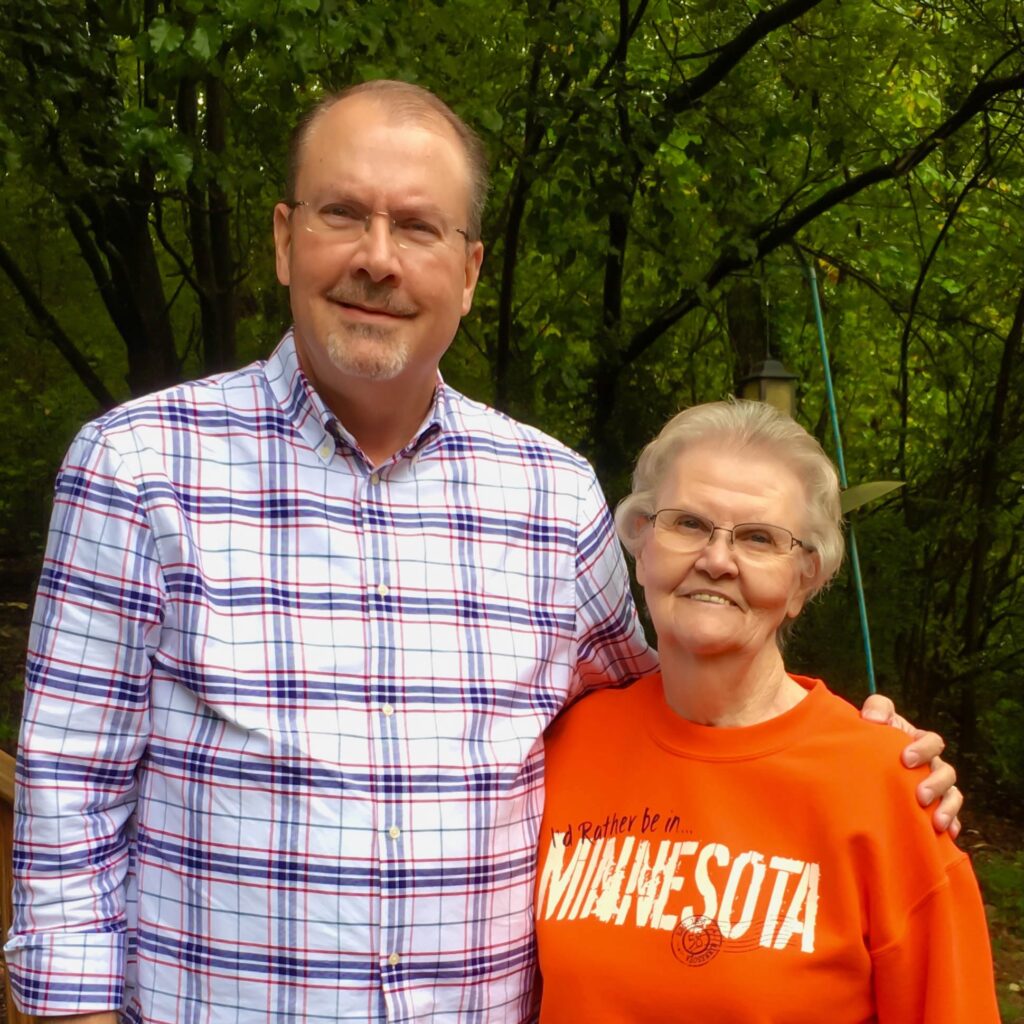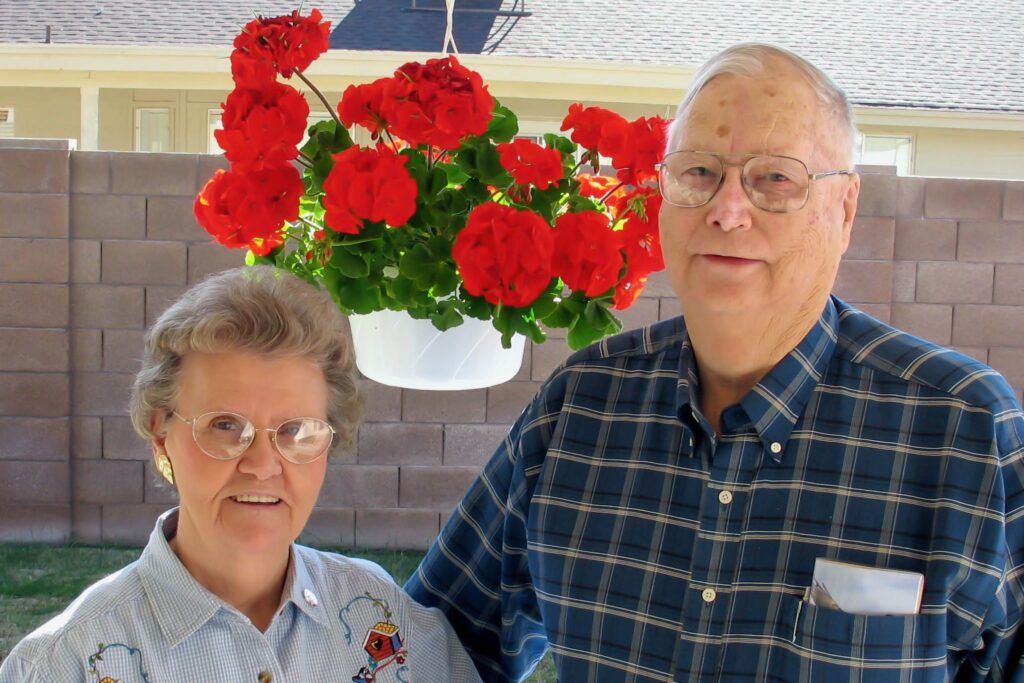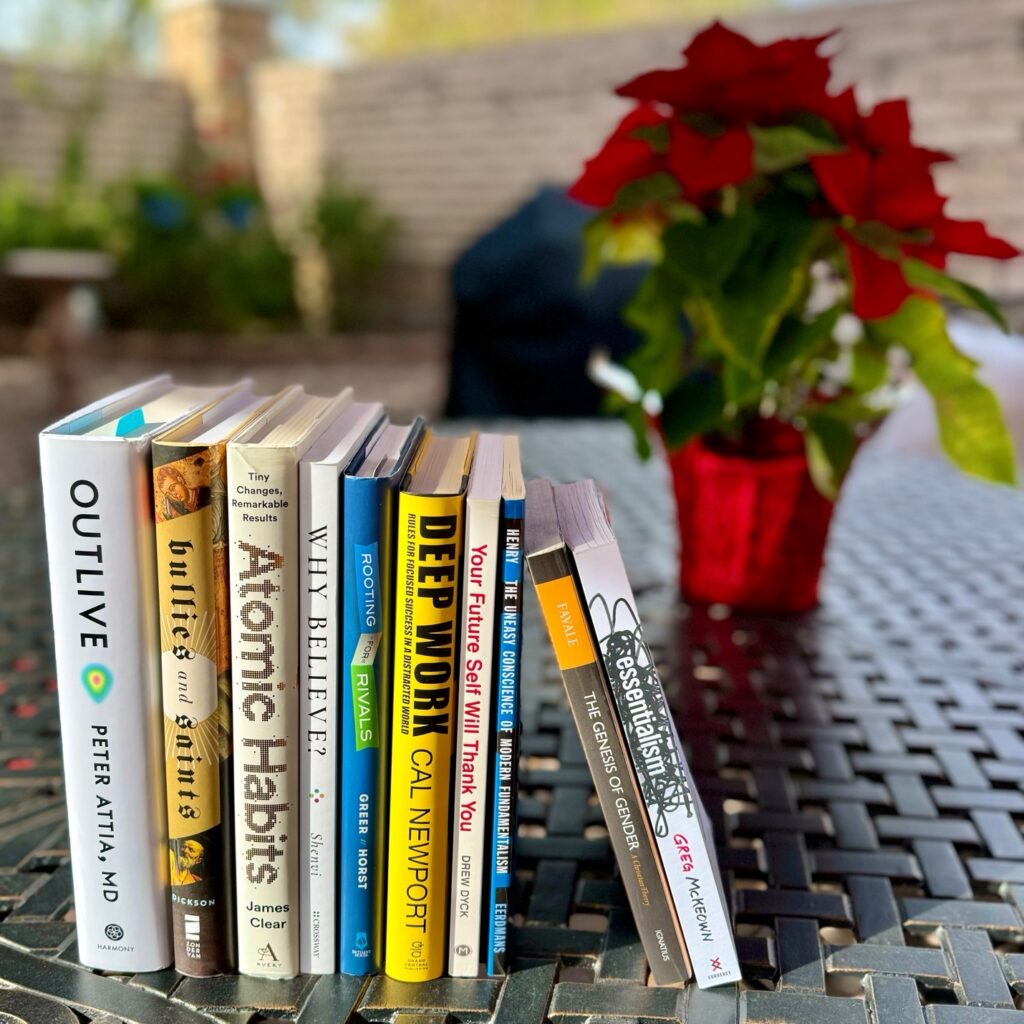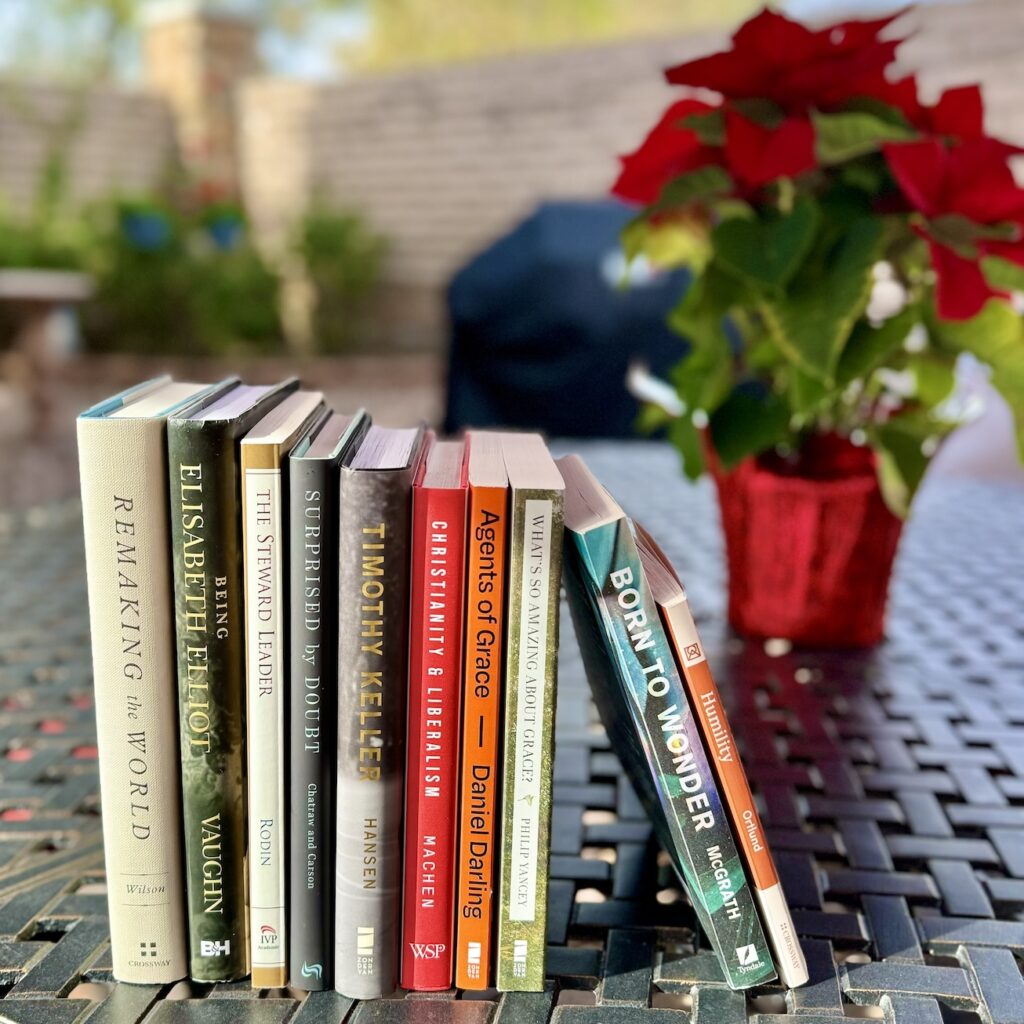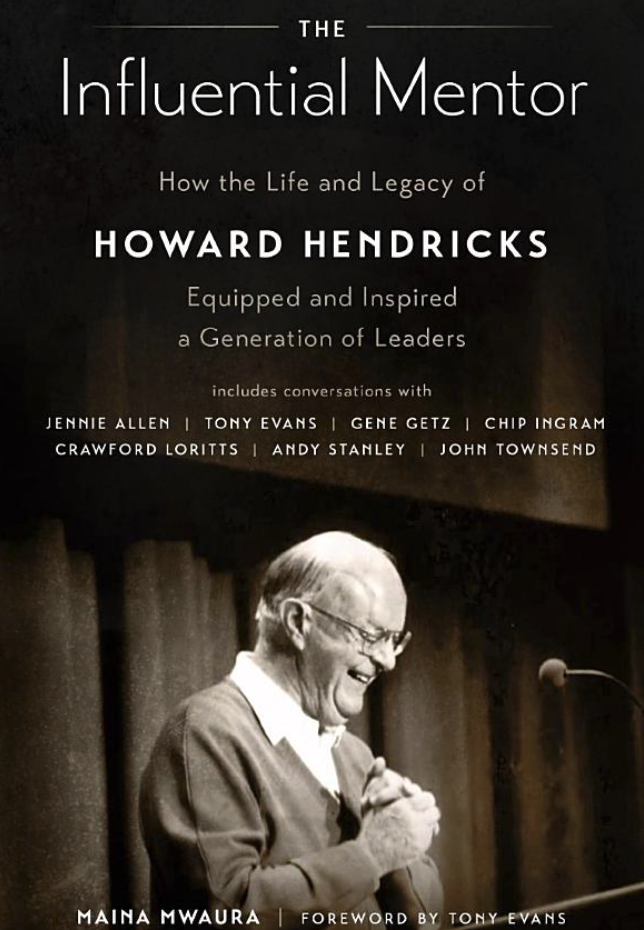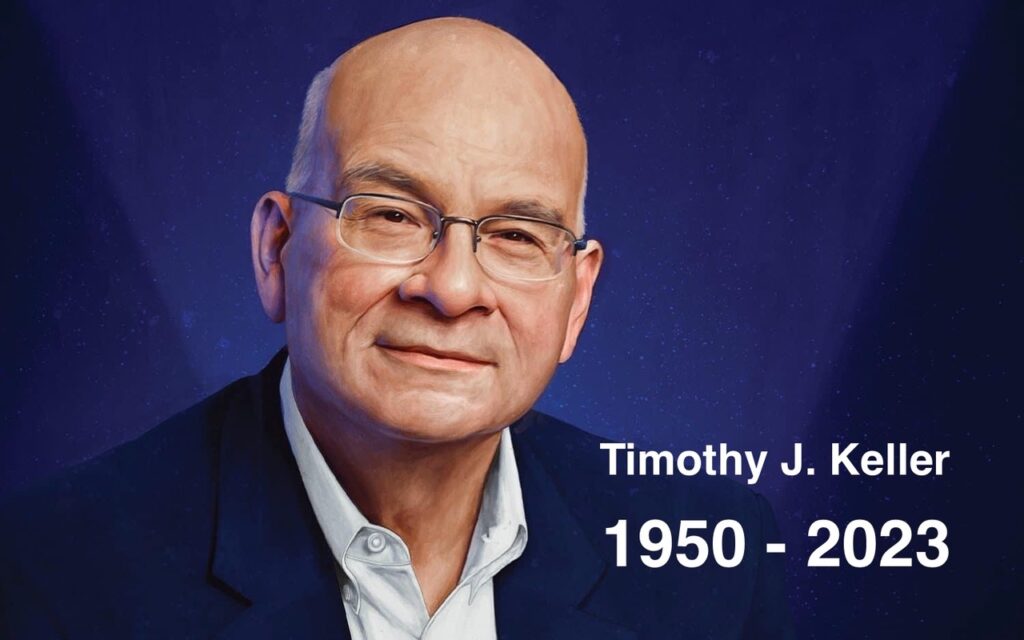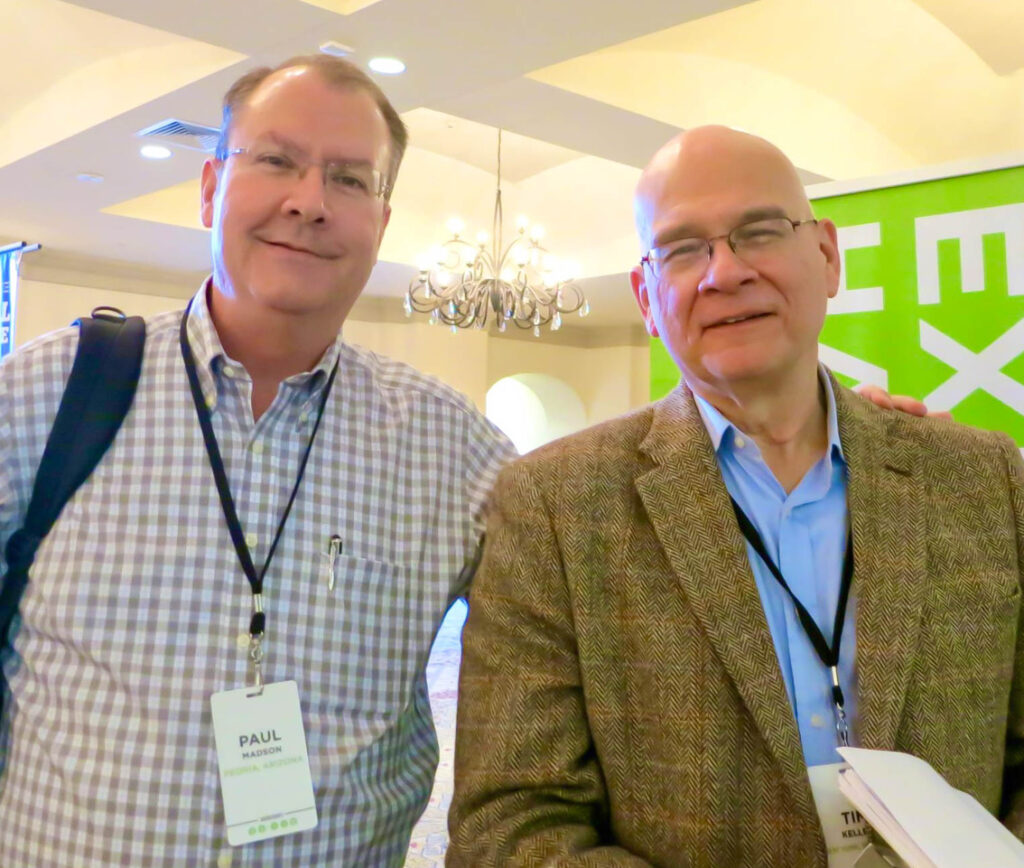Margaret Lorraine (Warner) Madson
In Loving Memory
June 18, 1930 – March 14, 2024
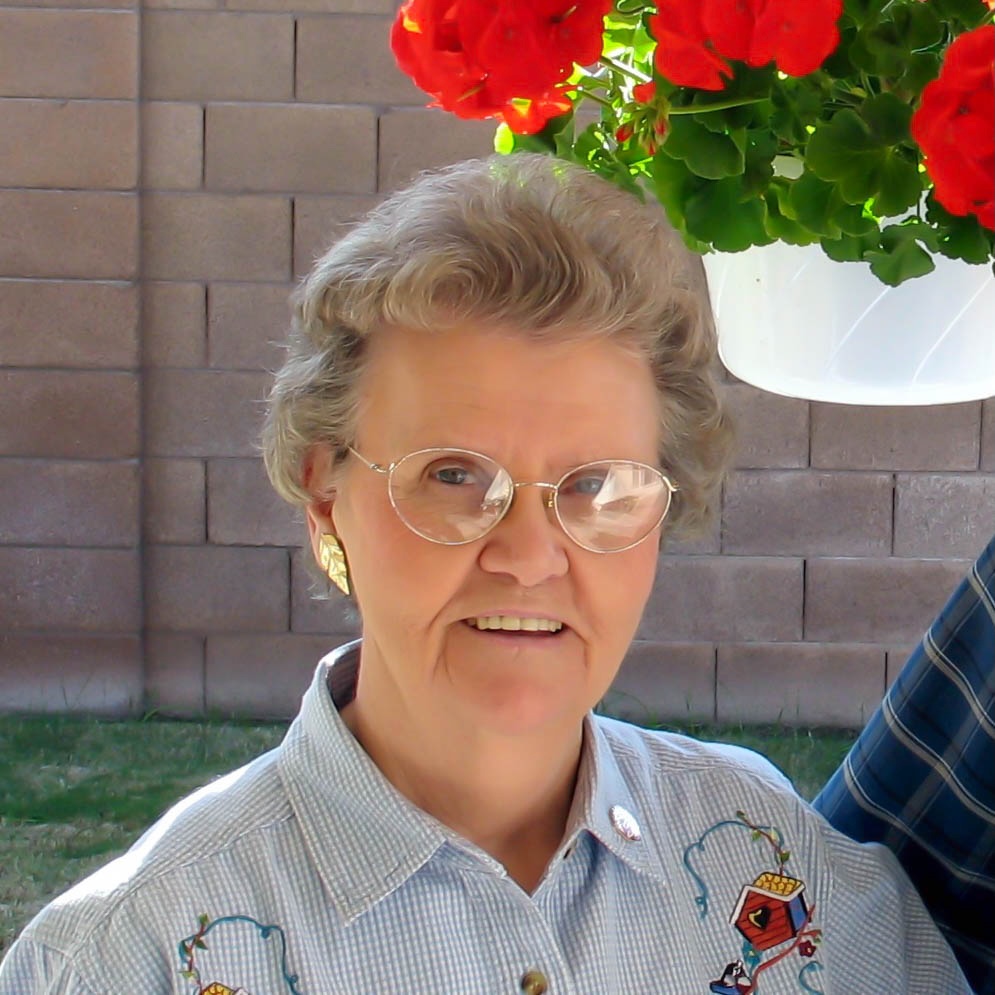
Margaret Madson, 93, made her final journey home to heaven on March 14, 2024, joining her husband and my dad (Joseph Madson).
Margaret was born in Walnut Grove, Minnesota, to Eddie and Helen Warner. She grew up on a farm in southwestern Minnesota. After high school, she attended St. Paul Bible Institute for two years in St. Paul, MN. After getting some bible education, she went on to nursing school and became an LPN.
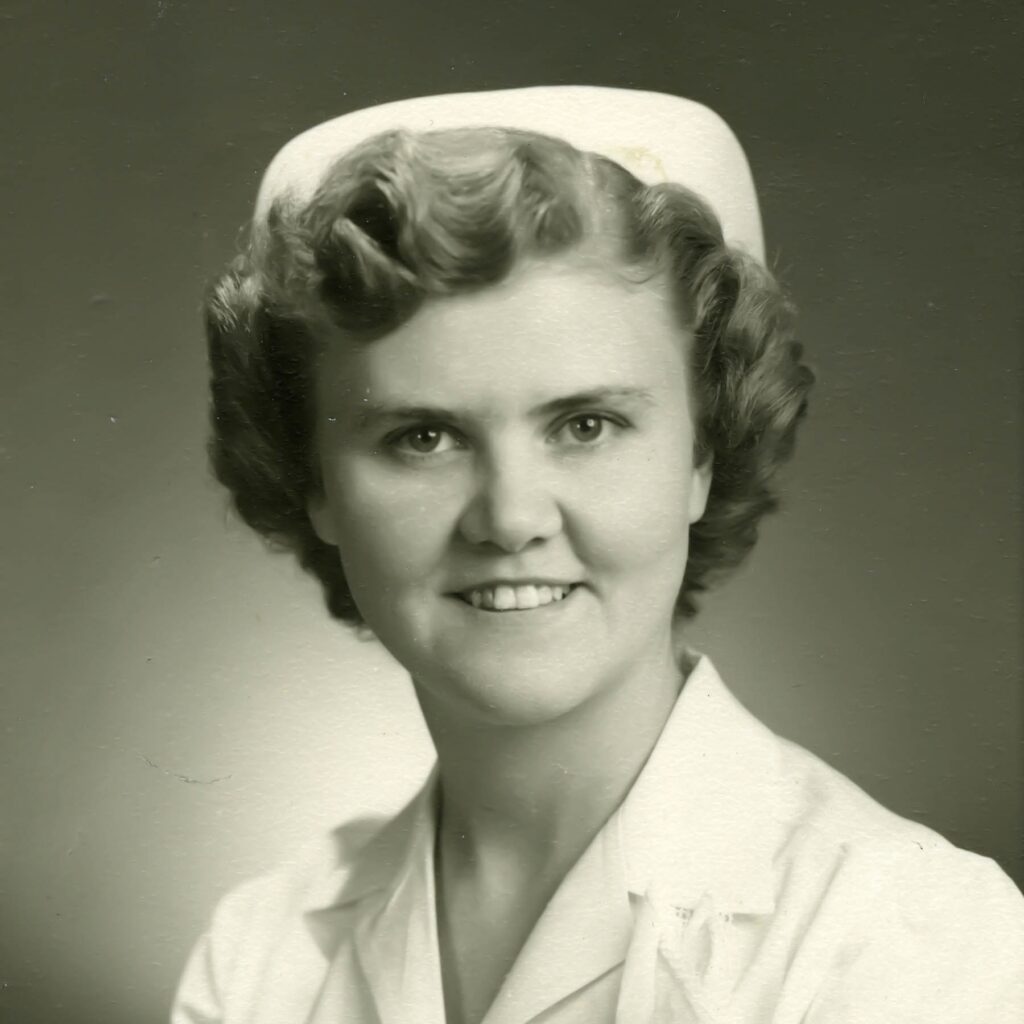
Margaret met Joseph Madson in January of 1956. Within three weeks, they were engaged and then married five months later, on June 15, 1956.
Joe and Margaret had four children: Joel, Ramona (Paluszcyk), Paul, and Muriel (Shinn). All four of her children are married, and she has a total of 11 grandchildren and 19 great-grandchildren.
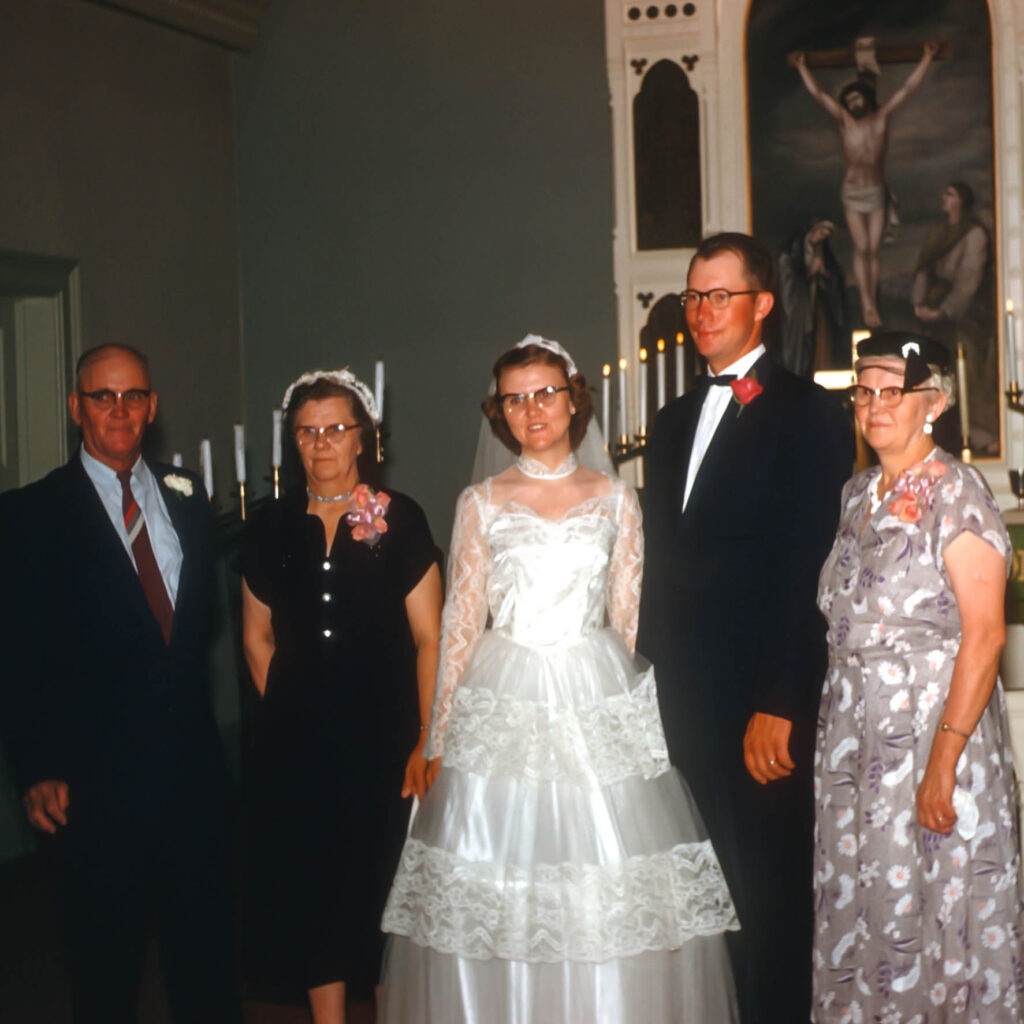
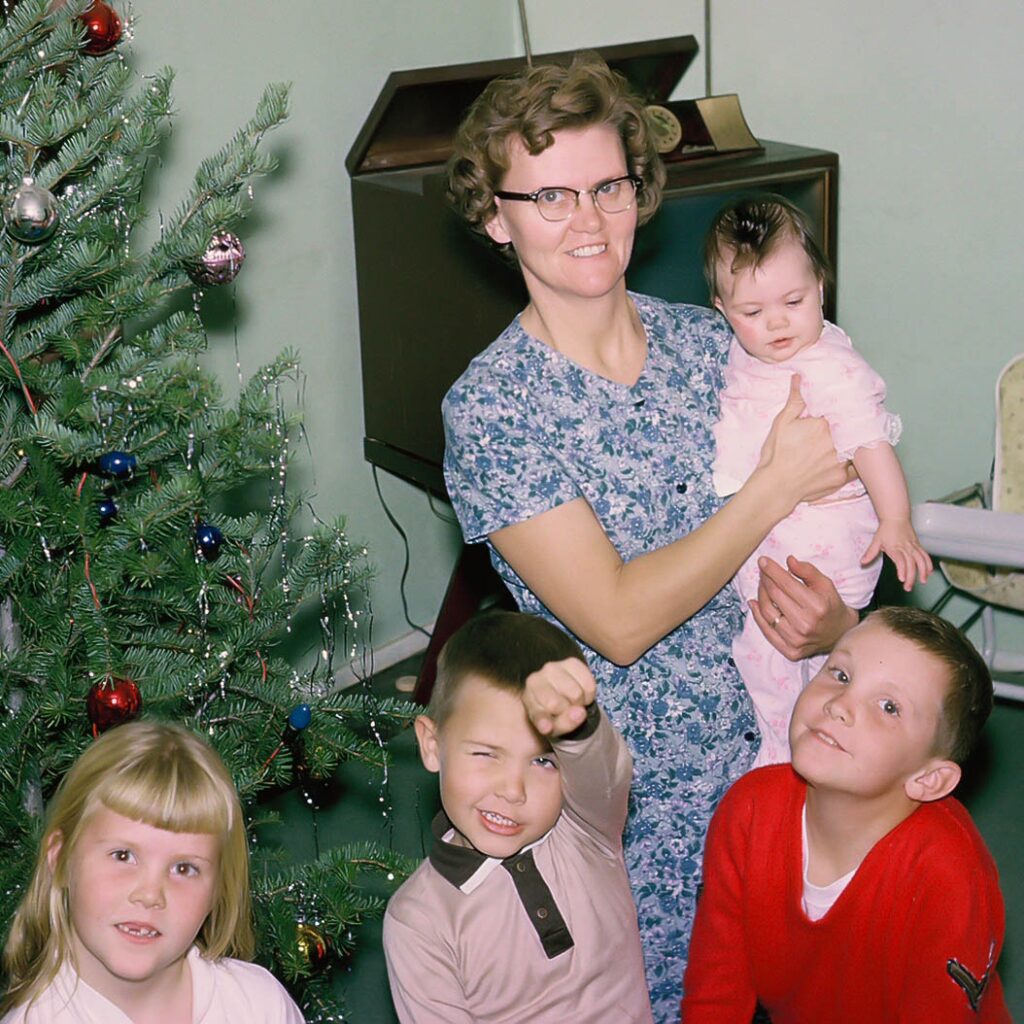
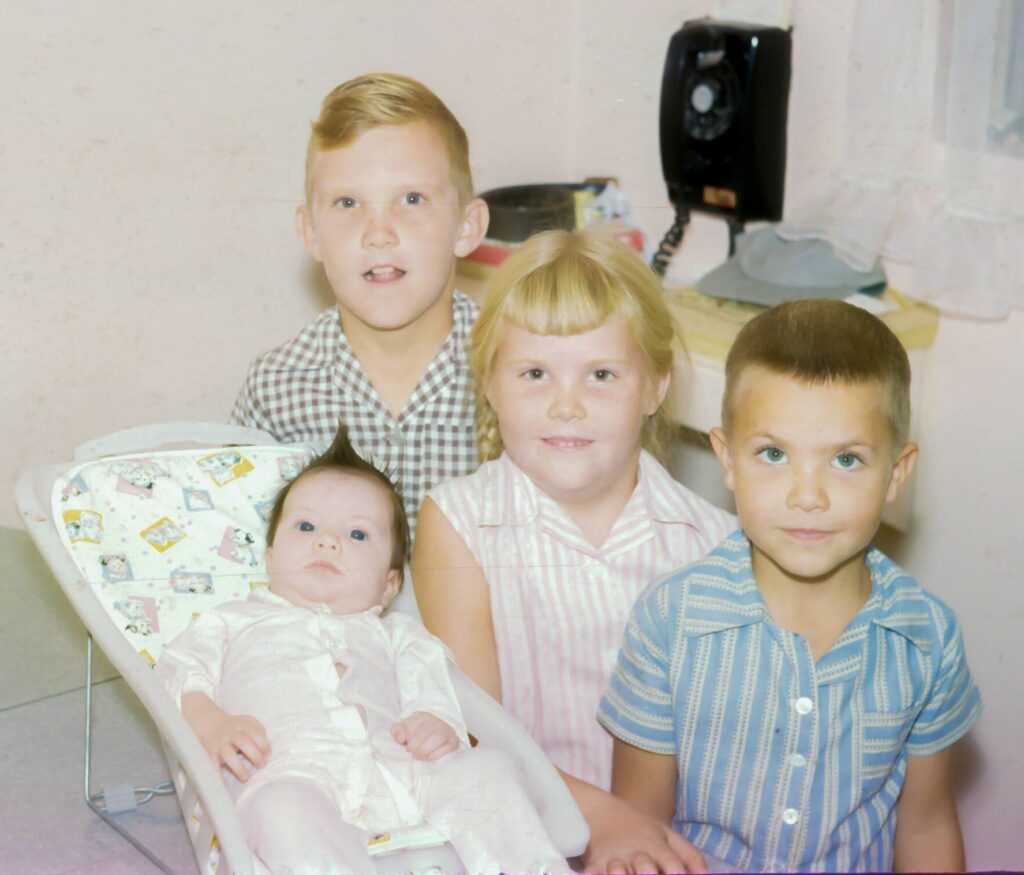
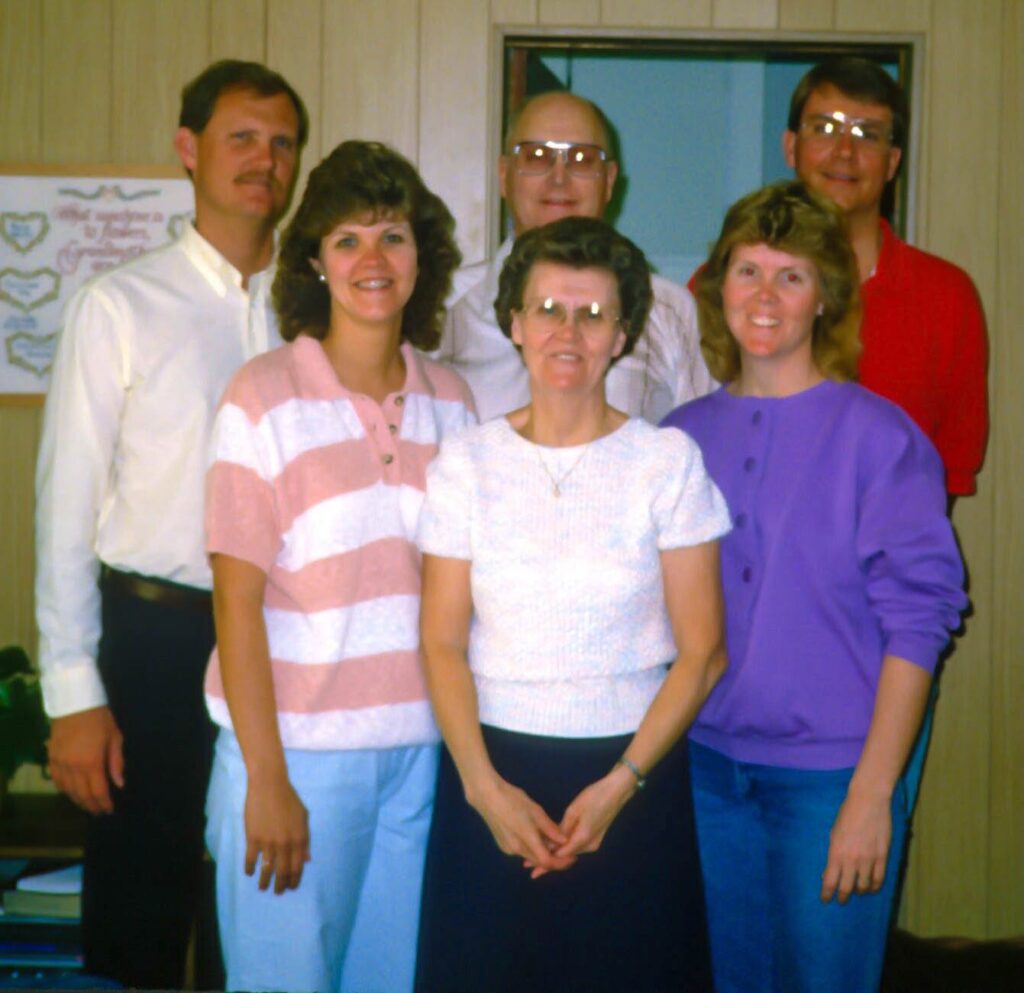
How would I describe my mother?
The phrase ‘routinely faithful’ describes her beautifully. She was kindhearted, compassionate, and others-oriented, and she faithfully followed the Lord during her journey here on earth. She was a quiet, behind-the-scenes type of person—not upfront, not noticed, not flashy. Faithful, consistent, dependable, and humble.
Here are a few brief memories of my mom:
It wasn’t until I was in my 50s that I remember hearing my mom share the full details of my 10-day stay in the ICU at one of the largest hospitals in the Phoenix area. I was around 18 months old and had a serious case of pneumonia. My illness was so bad that both she and my dad weren’t sure I would make it.
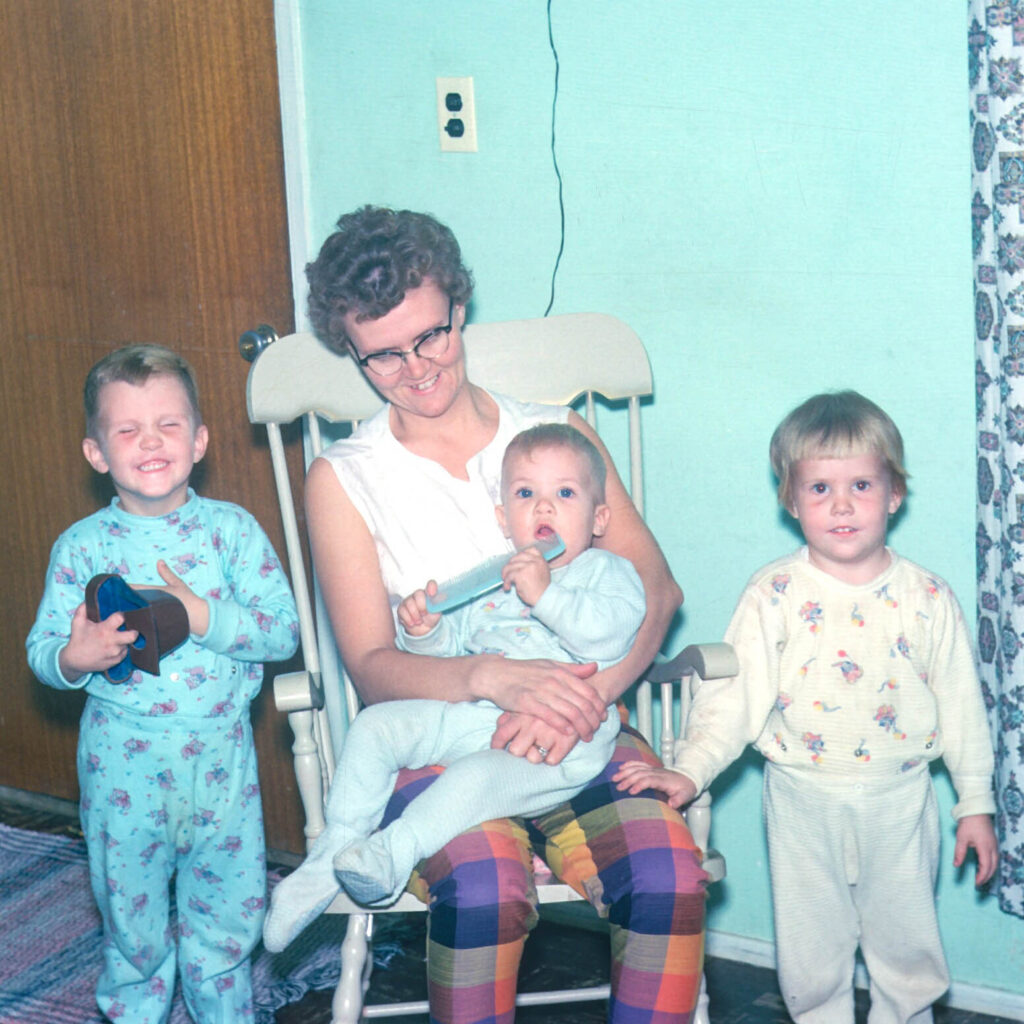
On one of my visits to see her, Mom told me: “Paul, back in the early 1960s, they wouldn’t let parents stay with their children overnight, so I would have to leave you in the ICU room in a crib, while you cried out to me not to leave.”
And then she said (and this is what brought a flood of tears to my eyes), “Each evening, I would walk down the long hospital hallway, go down the elevator, and then out to my car, and I would cry the whole way, pleading with God, saying, ‘Please, God, don’t let dear Paul die.’”
What do we owe our mothers? you might ask. After hearing that story, I couldn’t help but answer, “Everything!”
After she told me that story, I thought about all of the times growing up when I was disrespectful, stubborn, and flat-out unkind to her. How could I treat the woman who gave birth to me and loved me that deeply in such an unkind manner?
What’s the famous saying, “Old too soon, wise too late?” As children, our perspective is limited. As the decades go by and we grow and mature, ‘lightbulb moments happen,’ and our understanding of what others must have been experiencing in certain situations (because of our actions) becomes clearer.
No matter how stubborn, unkind, or disobedient I may have been, my mom was the model of consummate grace. Even in her stern, firm discipline (which I needed and deserved often), there was grace and humility. Always grace and humility.
When I was around 10, I got mad at my mom for giving me some (I’m sure) very well-deserved discipline. So, what did I do? I took a shovel and started chopping the bark off of our beautiful bottle-brush tree in our front yard (the scars of which could be seen on the tree 30 years later). She saw what I was doing through the front window and came out and simply asked, “Paul Richard Madson (I knew then I was really in trouble), what are you doing?” I said I was going to chop down this tree because I was mad at her. You can imagine how this story ended. I didn’t win.
When I was around eight, my mom disciplined me for something I had done and so I decided to run away from home. I got on my bike and started to ride as far as I could. When I got less than a mile away and didn’t recognize the name of the streets and realized I was lost, I began to panic and turned around and finally figured out my way home. But I made sure to tell my mom when I got home, “Mom, I just want you to know that I ran away because I was mad at you. But I decided to come back home.” I had been gone for a whole 15 minutes. She just smiled at me—no words were needed.
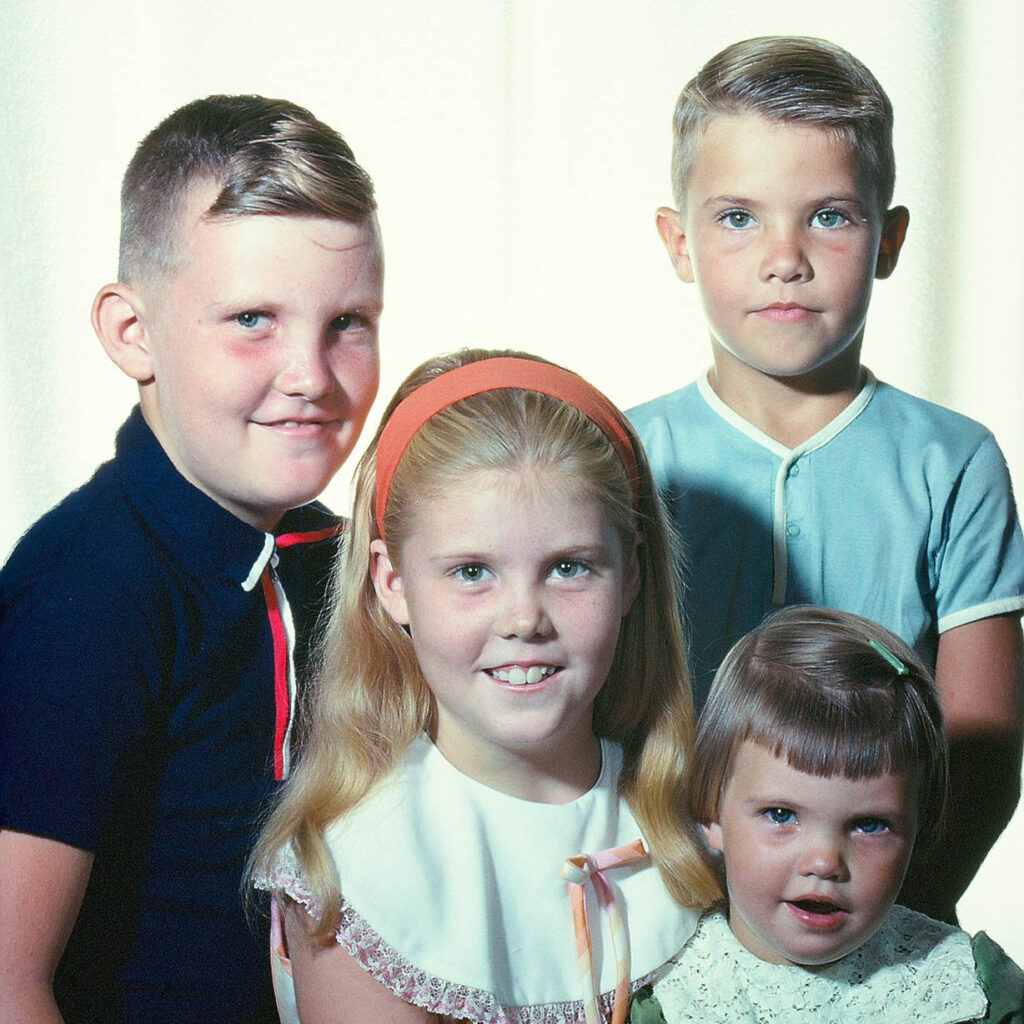
When I was in 5th grade, I had a teacher who couldn’t keep control of the class, so I took advantage of that and decided that I wasn’t going to do my schoolwork. In November of that year, my mom came home from the first quarter parent-teacher conference with my report card—all D’s and F’s. That day also happened to be my birthday. She came and stood at the door of my bedroom when I was putting on my new birthday present (a full football uniform with shoulder pads, a helmet, jersey, and football pants). She simply said, “Paul, I just met with your teacher, and he gave me your report card, and you are getting all D’s and F’s.” That’s all she said. She just looked at me, with that look only a loving mother could give, that said, “Paul, you know better. Do the right thing.” The disappointment in her eyes said it all. I just hung my head. I never got (all) D’s and F’s again.
I remember my mom coming to every basketball game during my four years in high school—every. single. game. Faithfully sitting in the stands on hard wooden bleachers, she cheered on her third-born child. I didn’t realize what a big deal it was then to have her there at every game. Now I do. Now I really do.
Finally, I remember waking up (on those very rare occasions) at 5:30 a.m. as a kid. I would walk out to the kitchen, where the light was on, and sitting at the kitchen table was my mom with her Bible and a Daily Bread devotional (and her cup of coffee). It was like clockwork. Every morning that I am aware of—for her whole life—this is how Margaret Madson started her day. Routine faithfulness. A Godward focus gave her the perspective she needed to begin each new day.
St. Augustine wrote, “Lord, you have made us for yourself, and our hearts are restless until they find their rest in You.” Mom found that ‘rest’ and ‘peace’ in her deep faith in the forgiveness that comes from Christ’s finished work on the Cross.
“’Where, O death, is your victory? Where, O death, is your sting?’ The sting of death is sin, and the power of sin is the law. But thanks be to God! He gives us the victory through our Lord Jesus Christ.”(1 Corinthians 15:55-57 | NIV)
Because of her faith in Christ, Mom had no fear of death. She was ready and at peace to leave this life and enter life eternal.
Thank you, Mom. I love you and will see you again someday.
“…for the growing good of the world is partly dependent on unhistoric acts; [the reality]… that things are not so ill with you and me as they might have been, is half owing to the number who lived faithfully a hidden life…”
(George Eliot, quoted at the end of Terrance Malick’s film, A Hidden Life)
“Brothers and sisters, we do not want you to be uninformed about those who sleep in death, so that you do not grieve like the rest of mankind, who have no hope. For we believe that Jesus died and rose again, and so we believe that God will bring with Jesus those who have fallen asleep in him.”
(1 Thessalonians 4:13-14 NIV)
“Show me, LORD, my life’s end and the number of my days; let me know how fleeting my life is. You have made my days a mere handbreadth; the span of my years is as nothing before you. Everyone is but a breath…”
(Psalm 39:4-5 NIV)
